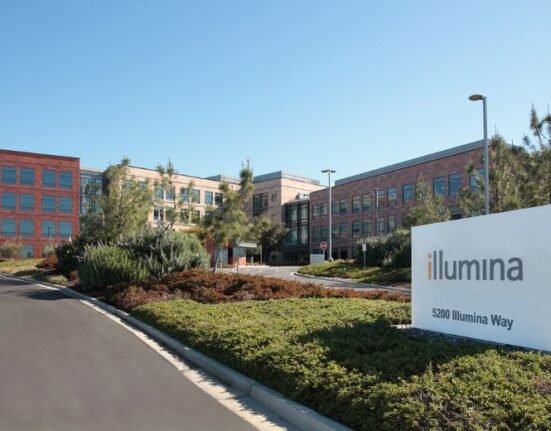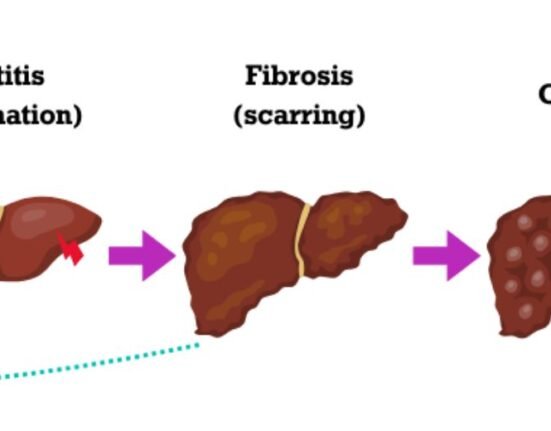HQ Team
April 26, 2023: The US Food and Drug Administration has cleared Biogen Inc’s drug, branded as Qalsody, to treat amyotrophic lateral sclerosis (ALS), an aggressive and rare form of the disease in adults.
Qalsody is the first approved treatment to target a genetic cause of ALS. Biogen collaborated with Ionis Pharmaceuticals on the early development of the drug, also known as tofersen, according to a company statement.
Biogen licensed tofersen from Ionis under a collaborative development and license agreement. Ionis discovered Tofersen.
The injectable drug was cleared under the USFDA’s Accelerated Approval Program to allow faster approval of drugs for serious conditions that fill an unmet medical need.
The approval relies on surrogate endpoints that are reasonably likely to predict a clinical benefit to patients.
Reduction in proteins
The approval was based on a reduction in plasma neurofilament light, a blood-based biomarker of nerve and neurodegeneration, according to the FDA.
Neurofilaments are proteins released from neurons when damaged, making them a marker of neurodegeneration.
The treatment targets ALS patients associated with a mutation in n the superoxide dismutase-1 gene (SOD1-ALS).
Like sporadic ALS, with no associated risk factors or family history, SOD1-ALS is a progressive neurodegenerative disease that attacks and kills the nerve cells that control voluntary muscles.
Voluntary muscles produce movements such as chewing, walking, breathing, and talking. ALS causes the nerves to lose the ability to activate specific muscles, which causes the muscles to become weak and leads to paralysis.
Spinal injection
Qalsody is administered through a spinal injection by healthcare professionals who do lumbar punctures. The recommended dosage is 100 mg (15 mL) per administration. Patients receive three initial doses administered at 14-day intervals, followed by a maintenance dose every 28 days.
According to the Centers for Disease Control and Prevention, 16,000 and 32,000 Americans live with ALS. About 2% of ALS cases are associated with mutations in the SOD1 gene.
The FDA, therefore, estimates fewer than 500 patients with SOD1-ALS in the US.
The effectiveness of Qalsody was evaluated in a 28-week, placebo-controlled clinical study in 147 patients with weakness attributable to ALS and a SOD-1 mutation confirmed by a central laboratory.
The study randomly assigned 108 patients in a 2:1 ratio to receive treatment with either Qalsody 100 mg or a placebo for 24 weeks. The participants were approximately 43% female, 57% male, 64% white, and 8% Asian. The average age was 49.8 years.
Phase-3 clinical trials
Patients receiving Qalsody had nominally significant reductions in plasma NfL concentration at week 28 compared to the placebo.
“The findings are reasonably likely to predict a clinical benefit in patients. The observed reduction in NfL was consistent across all subgroups based on sex, disease duration since symptom onset, site of onset, and use of other medications for ALS treatment,” according to the FDA statement.
To confirm the clinical benefit of Qalsody, a Phase-3 trial is ongoing in individuals who are carriers of the SOD1 genetic mutation and who do not yet have symptoms.
The study will assess the proportion of individuals treated with Qalsody who develop symptoms of ALS during the trial compared to the placebo.
The most common side effects of the drug were pain, fatigue, joint pain, increased brain and spinal cord fluid white blood cells, and muscle pain.
Qalsody will be made available for shipment in the US to healthcare providers in approximately one week, according to the Biogen statement.








